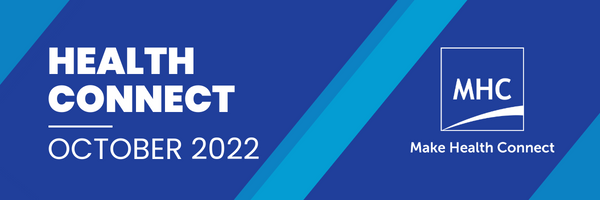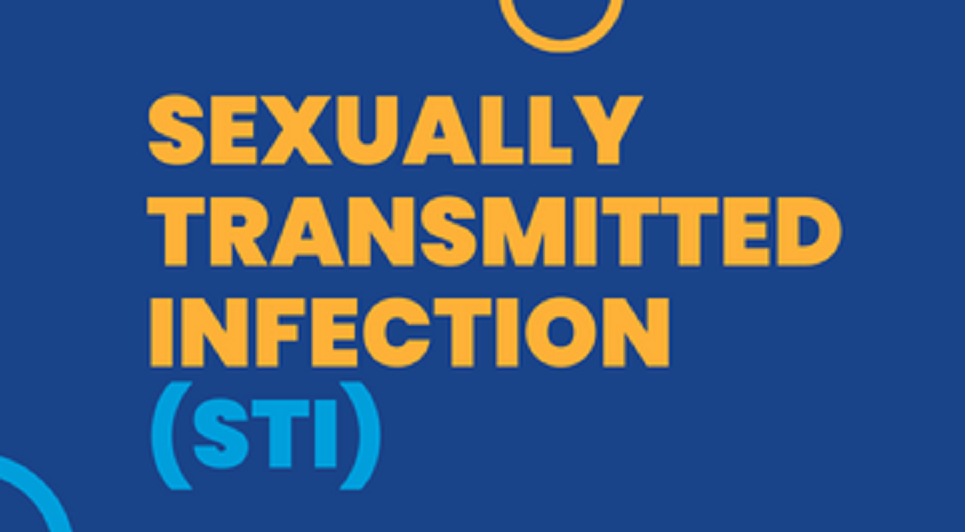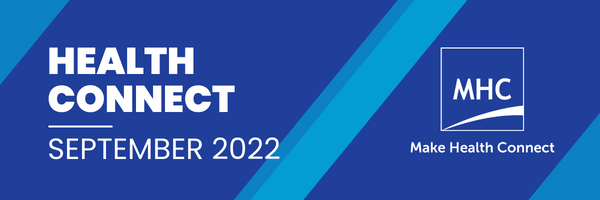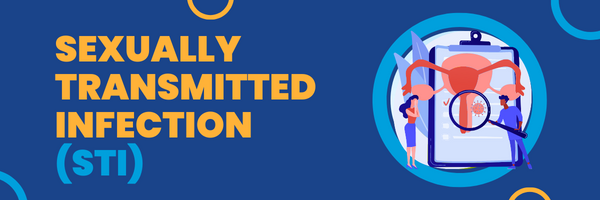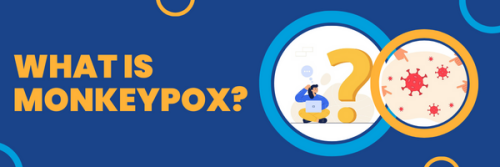
Understanding Depression: You are Not Alone
Depression is an illness that can negatively distort how we think, feel, and act. The intense feeling of low mood, attributed with depression, can lead to decreased functions in daily living, including relationships, work, education, and self-help. The difference between depression, sadness, and grief depends on the symptoms involved.
According to the DSM-5 (American Psychiatric Association created the Diagnostic and Statistical Manual of Mental Disorders), an individual must have five of the following symptoms that caused a decreased level of functioning. Furthermore, they stated that the symptoms should have been present for at least two weeks or more. These symptoms are:
– Depressed mood most of the day, nearly every day, as indicated by the individual or others
– Fatigue or loss of energy most of the day, nearly every day
– Diminished interest in most or all activities that the individual would have normally enjoyed
– Significant weight loss or gain (5% of more than body weight), without changing diet
– Difficulty falling and staying asleep or sleeping for most of the day
– Observable agitation, restlessness, slowed motor movements
– Feelings of excessive worthlessness or guilt
– Diminished thinking, concentrating, or deciding ability
– Thoughts of death and/or suicide and having suicidal plans
The DSM-5 has different categories under depressive disorders, ranging from disruptive mood dysregulation disorder to unspecified depressive disorder. By knowing the different ranges of criteria and symptoms in each condition, we can understand the complexity of depression.
How to Overcome Depression
The most important message that anyone experiencing mental illness should always hear is: you are not alone. Initially, it can be challenging to open up to others and ask for help. The idea that people will judge you or misunderstand you can be daunting. Nevertheless, it should not stop you from getting the proper support you deserve. Regardless of who you open up to, always make sure that they are a supportive, trustworthy, and respectful individual.
If you are not ready to talk to people face-to-face or don’t have a support system, there are online chats or phone numbers that provide anonymous and confidential support. For example, Samaritans of Singapore (1800-221-4444) and the Mental Health Helpline (6389-2222). Both national hotlines provide free 24-hour support services on depression or other mental health illnesses.
Seeking support should also include receiving proper medical advice. If you have been experiencing the symptoms of depression listed above, you should always seek medical attention to disclose the illness fully. By going to a doctor, they can educate you about depression and provide resources to help your recovery.
Often, doctors will recommend a combination of therapy and medications, depending on the severity of your depression. However, it is essential to note that medications can only influence your mood to an extent. Medications alone will not solve depression. It is still crucial to have the
discipline to apply behavioural and cognitive changes. Some life-changing habits that can be used every day are:
– Limiting time on social media
– Getting 7-9 hours of sleep
– Exercising regularly
– Eating nutritious foods and staying hydrated
– Talking to and spending time with loved ones and pets
– Picking up or starting a hobby
– Spending some time in the sunlight
– Meditation or praying
– Healthy distraction techniques
Spending time by ourselves and getting in tune with our minds can allow us to understand how to take care of ourselves properly. People nowadays may find it difficult to adequately provide self-care regimens because of school and work, family obligations, or social media. Regardless of how busy our schedules can get, we should never neglect our mental health.
With the increasing number of individuals diagnosed with depression, we finally accept that depression is a real illness. Like many illnesses, treatment and help are readily available. And like many illnesses, recovery from depression is possible.
Remember, people are willing to listen. Reach out. Speak up. You do not deserve to face depression alone.
Source: MHC Asia Group ©






